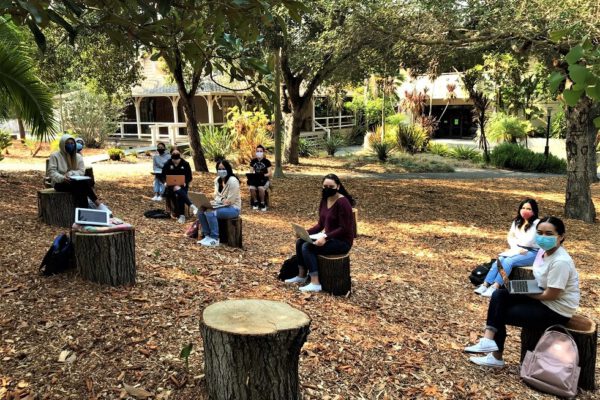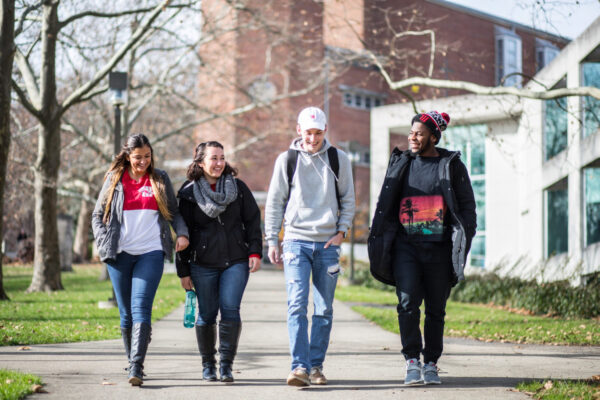Southern New Hampshire University (SNHU) is one of the latest higher education institutions to dedicate resources toward helping undocumented students afford college. SNHU will provide 1,000 students protected under the Obama-era Deferred Action for Childhood Arrivals (DACA) policy with full scholarships to pursue bachelor’s or associate’s degrees over the next five years.
The cost of tuition is too often a barrier preventing undocumented youth from attending college. In many cases, lack of immigration status means they do not qualify for in-state tuition or federal student aid. Many DACA recipients do not have a Social Security number, which is required to complete FAFSA, the form that determines eligibility for federal student aid and usually state and institutional aid as well.
That is why SNHU has partnered with The Shapiro Foundation and TheDream.US to create a fund of $20 million to support DACA students. Each recipient will get a full ride for an associate’s or bachelor’s degree through College for America, SNHU’s competency-based education program.
SNHU is known for its hard work supporting underserved students. SNHU President Paul LeBlanc was recently honored at ACE2018, ACE’s 100th Annual Meeting, with TIAA Institute’s Theodore M. Hesburgh Award for Leadership Excellence in Higher Education. Regarding underserved students and the mission of higher education, LeBlanc—an immigrant himself—said in his acceptance speech, “When we give them education and the tools to better their lives, we’re in the business of hope, and we’re in the business of making the future better.”
Watch his remarks in full below:
—Carly O’Connell
At a Glance
ACE Member Institution: Southern New Hampshire University
Goal: Provide a group of young people who have known no country except the United States with the opportunity to realize their potential and improve their situation.
Initiatives:
College for America: SNHU’s competency-based education program that provides flexible and affordable college experiences and will be providing degree assistance to the university’s DACA students.
The Shapiro Foundation: A philanthropic organization that funds NGO partners to serve refugees.
TheDream.US: An access and success program working to help Dreamers graduate college with career-ready degrees. They have partnered with over 75 institutions, including many of ACE’s members. A sampling of these include:
- Colorado State University
- CUNY LaGuardia Community College
- George Mason University (VA)
- Rutgers University (NJ)
- South Mountain Community College (AZ)
- University of Houston
- University of Washington
Others have similar initiatives of their own, including:
- University of Miami’s U Dreamers Program
- University of Utah’s Dream Scholarships
- Duke University’s (NC) policy to meet 100 percent of demonstrated financial need for undocumented undergraduate students
DACA recipients can also use resources like Scholarships.com’s list of Scholarships for Undocumented Students for a compilation of scholarships either geared towards them or which do not request immigration status or require citizenship.
If you know of additional initiatives aimed at helping undocumented students afford a college education, please share in the comments!
Become a member: As a member of ACE, you join nearly 1,800 organizations that collectively promote, protect and advocate for students, faculty and administrators in higher education. ACE is the most visible and influential higher education association in the nation, and we are at the center of federal policy debates concerning legislation that affects campuses across the country. See more on the ACE website.
If you have any questions or comments about this blog post, please contact us.


